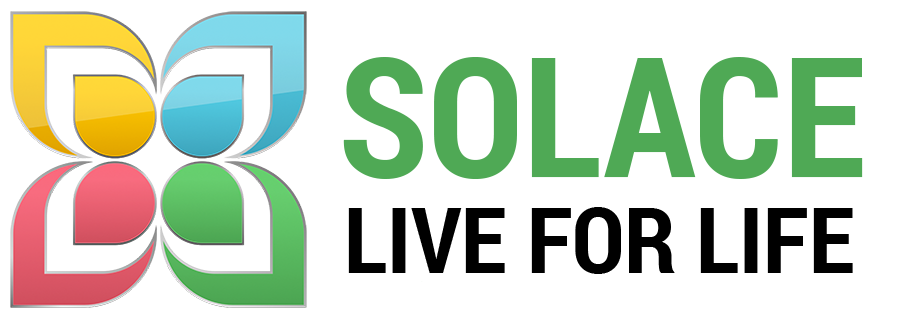Hash or hashish is a drug made from the same substance as marijuana. It contains THC (delta-9 tetrahydrocannabinol). As a result of that, it has acute addictive and withdrawal effects.Hashish is a popular drug in the Middle East and Asia. It comes from the resin of unfertilised flower tops of the cannabis plant. There are many ways addicts use this drug. Like marijuana, it can be smoked with tobacco. Addicts have also ingested it by mixing it with food. Most common way to take hash is by smoking it with a hookah, “bubbler”, hot knife, and vaporizer. A byproduct of hash is the sticky substance known as “Hash Oil”.
Why is hashish addiction, a disease?
Whether it is hashish, marijuana, or even sex and food; addiction is a disease. A disease is a disfigurement of an organ that causes unpleasant symptoms to the sufferer. In the case of diabetes, the organ is the pancreas. The disfigurement would be the inability to produce blood sugar. And the unpleasant effects of diabetes like possible blindness is a symptom.
In addiction, the disfigurement happens in the nucleus accumbens of the midbrain. This is where one feels pleasure. When the neurotransmitter, dopamine gets released here, it produces a high. This happens when we eat our favourite meals, have sex, and chronically, when we take drugs. Drugs produce an overwhelming supply of dopamine that the brain inhibits its production.
When this happens, the addict will need to take more drugs to get the same high. Dopamine deficiency will then develop for chronic drug users, such as hash addicts. Hence, the unpleasant consequences of drug taking, are the symptoms of addiction. With that, we have a disease that corresponds to modern scientific diagnosis. Thus, hash addiction is a disease.
When we see addiction as a disease, we can then treat addicts as patients. They are not morally corrupt or deficient. They are not criminals. In spite of the fact that their actions may have resulted in criminal behaviour. This doesn't excuse their behaviour, but it does add light to the cause of it.
Addiction is a chronic disease. Like diabetes and cancer, you will need treatment and continual recovery. There has not been any cure for addiction to date. The only way to recover from addiction is through treatment. Treatment needs to be followed by a daily maintenance program. Addicts can begin this journey to happiness and recovery at Solace Sabah.
Treatment For Hashish Addiction at Solace Sabah
It's possible that as a result of severe hash addiction, you will need to detox. At Solace Sabah, we have a holistic method of detoxification. We invite you to read "Withdrawal Symptoms of Hashish" for more information.
What's important is to treat the addiction. For even after detoxification, if the addiction is not treated, there is a high chance of relapse. With relapses, the consequences of addiction will lead you back to detox. If you want long lasting recovery, addiction treatment must follow detoxification.
At Solace Sabah, we treat addiction as a holistic illness. We target all aspects of the addict. This is why we adopt a "Biopsychosocialspiritual" model of treatment. Biologically, we address the body and health concerns. Psychologically, we treat the thinking processes that have come to create the addiction. We call this the addictive personality. Read up on what that is by clicking here. Socially, we have a community of recovering addicts to support the healing process. Spiritually, addicts will come to terms with their addiction by working on recovery. We have found that this model has helped our patients at an immense level. It's because addiction affects all areas of life.
Our program includes various therapies. Cognitive Behavioural Therapy or CBT addresses problem thinking and core beliefs. DBT or Dialectical Behavioural Therapy helps addicts to accept themselves. Whereas, Interpersonal Group Therapy or IPGT integrates the addict into the recovering community.
Besides therapies, we provide activities. These activities show our addicts that there is life beyond addiction. We will take you on outings to beautiful and exciting places. You'll also take part in sports, fitness, creative arts therapies, alternative therapies, and massages. All these activities will help in the healing process from addiction.
After your initial treatment, you are most welcomed to join the transitions at Solace. This is a program designed to help our clients to make the necessary leap from treatment to real life.
Why Solace Sabah?
As most hashish addicts come from the middle-east, coming to Solace Sabah is a suitable choice. We are located in Malaysia, a muslim country. Hence, we are a muslim-friendly rehab. We serve only halal food and provide transport to the mosque for Friday prayers.
Besides being a muslim-friendly rehab, we have a host of international clinicians. Our counsellors and recovery coaches come from the U.K., U.S., The Netherlands, and South Africa. They are trained in the latest therapies for addiction treatment.
With world-class standards, but only half the rate of rehabs elsewhere, why not? Solace Sabah is here for you. Give us a call for more information. We're always here to help.







